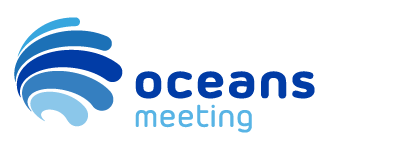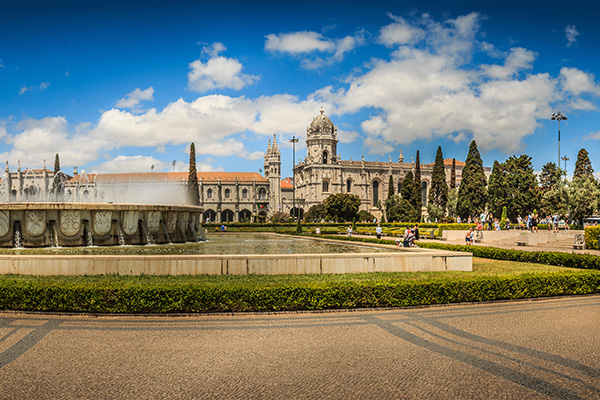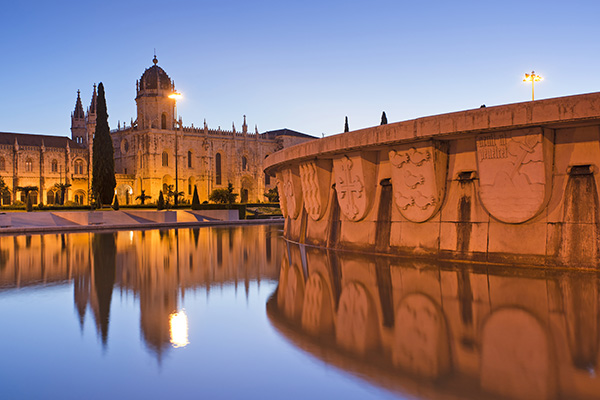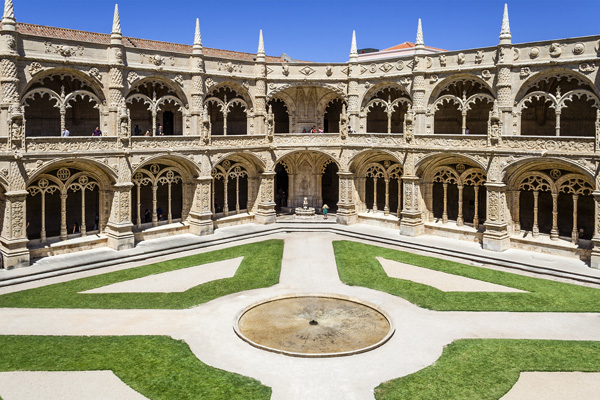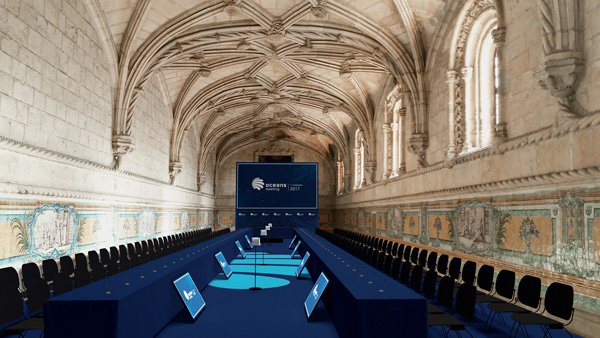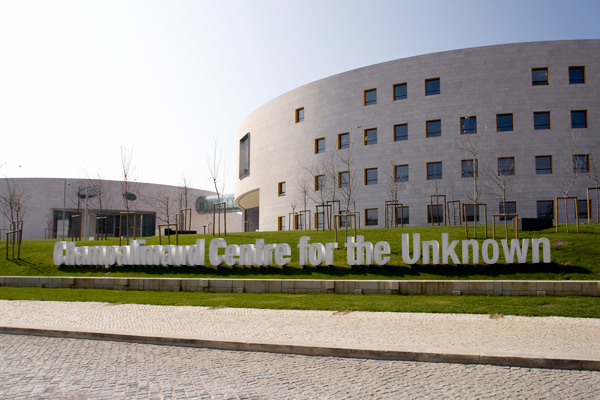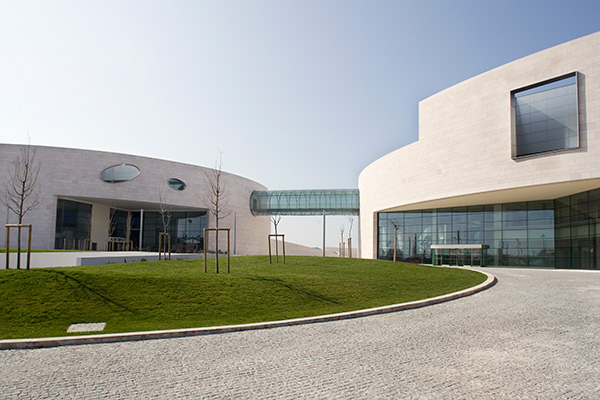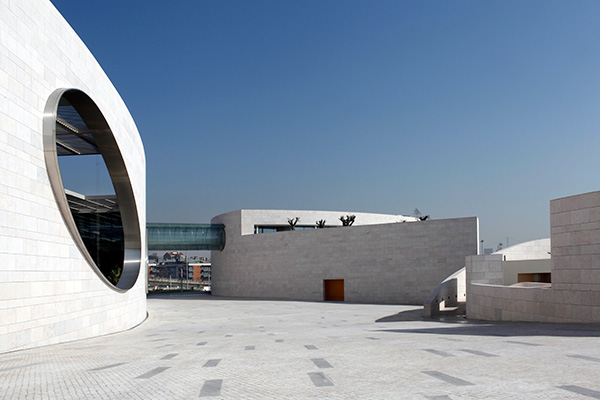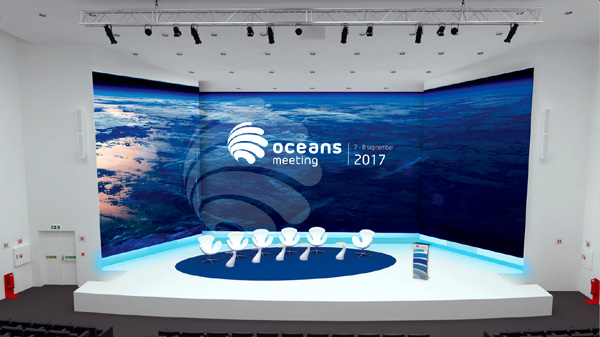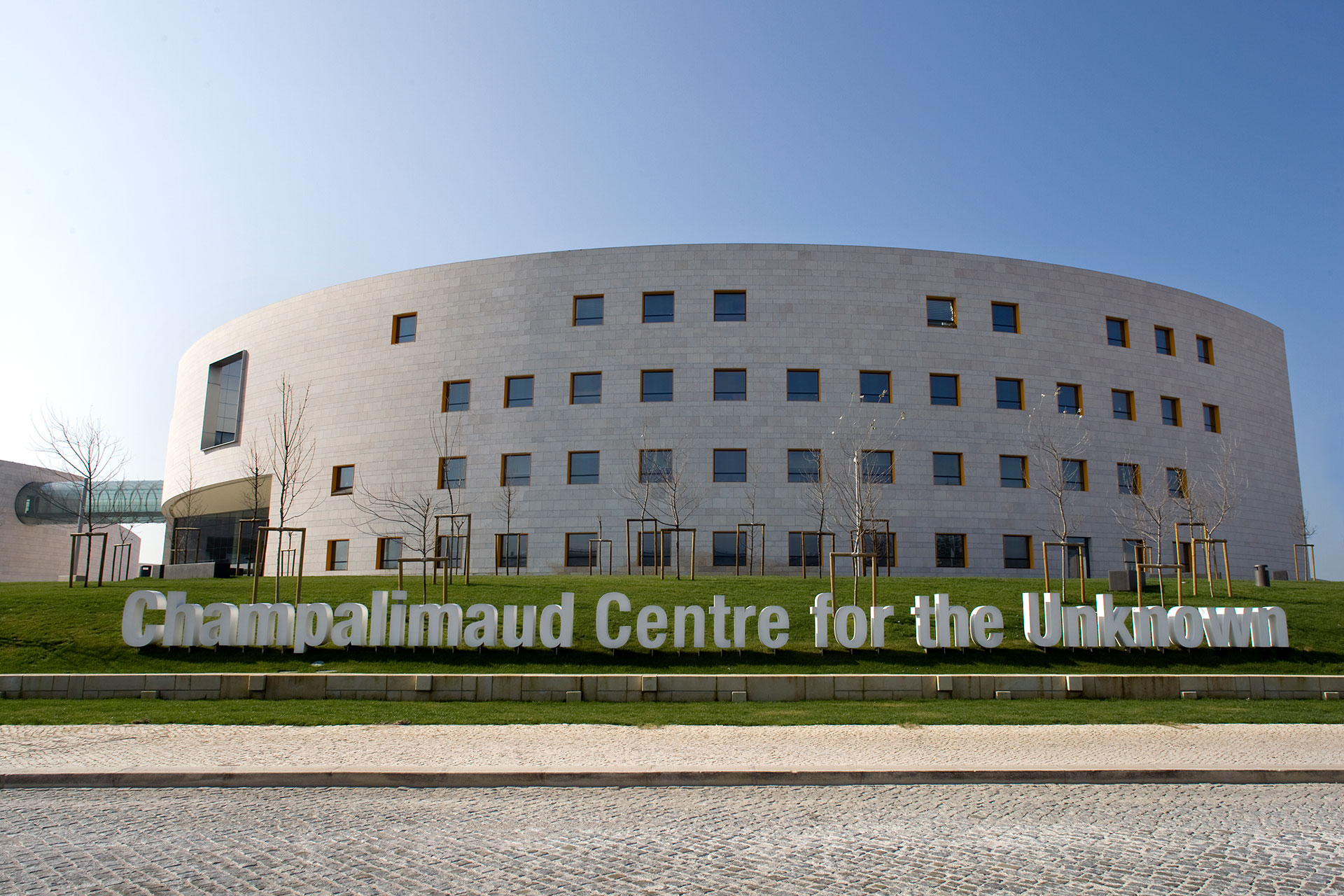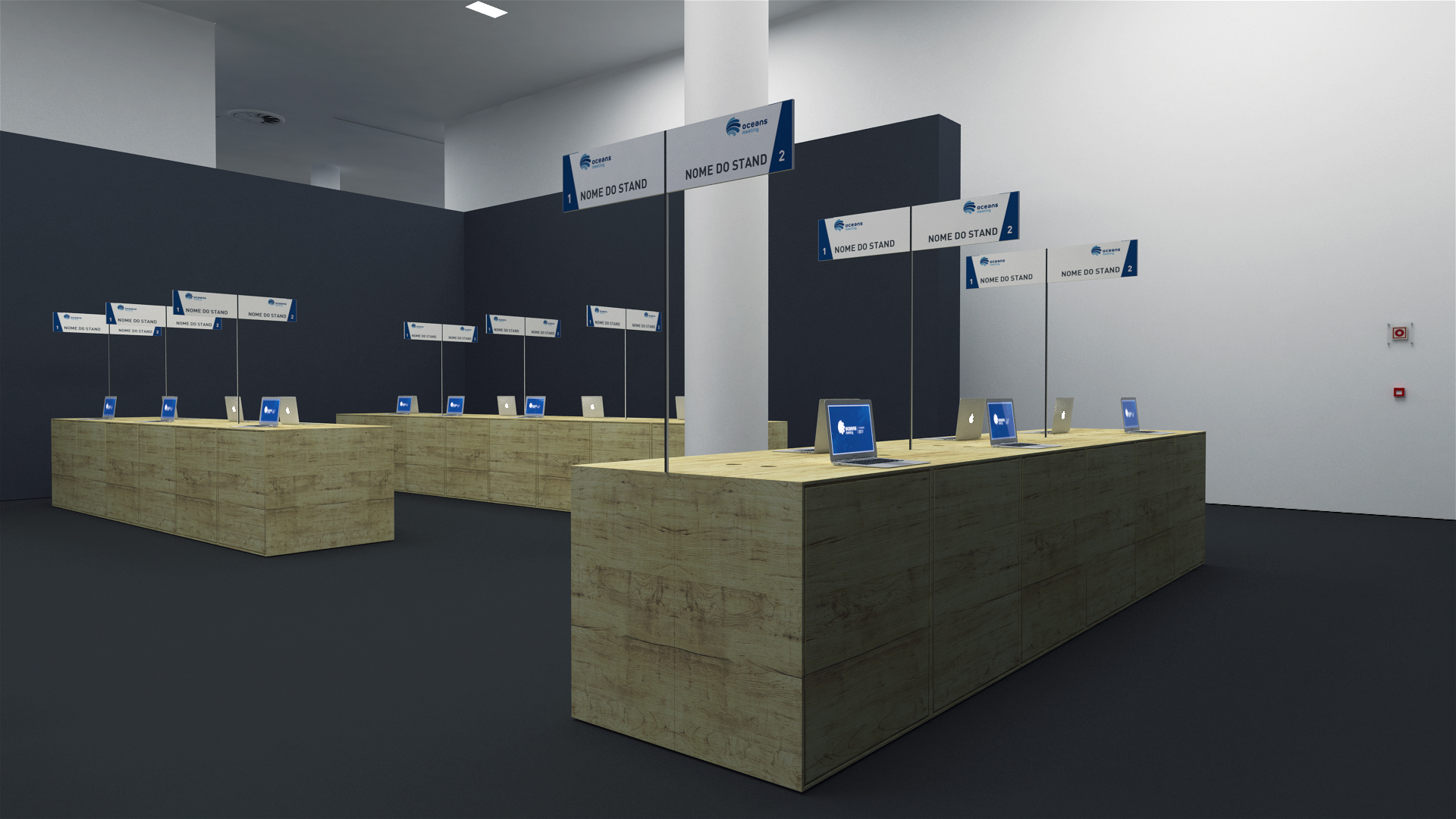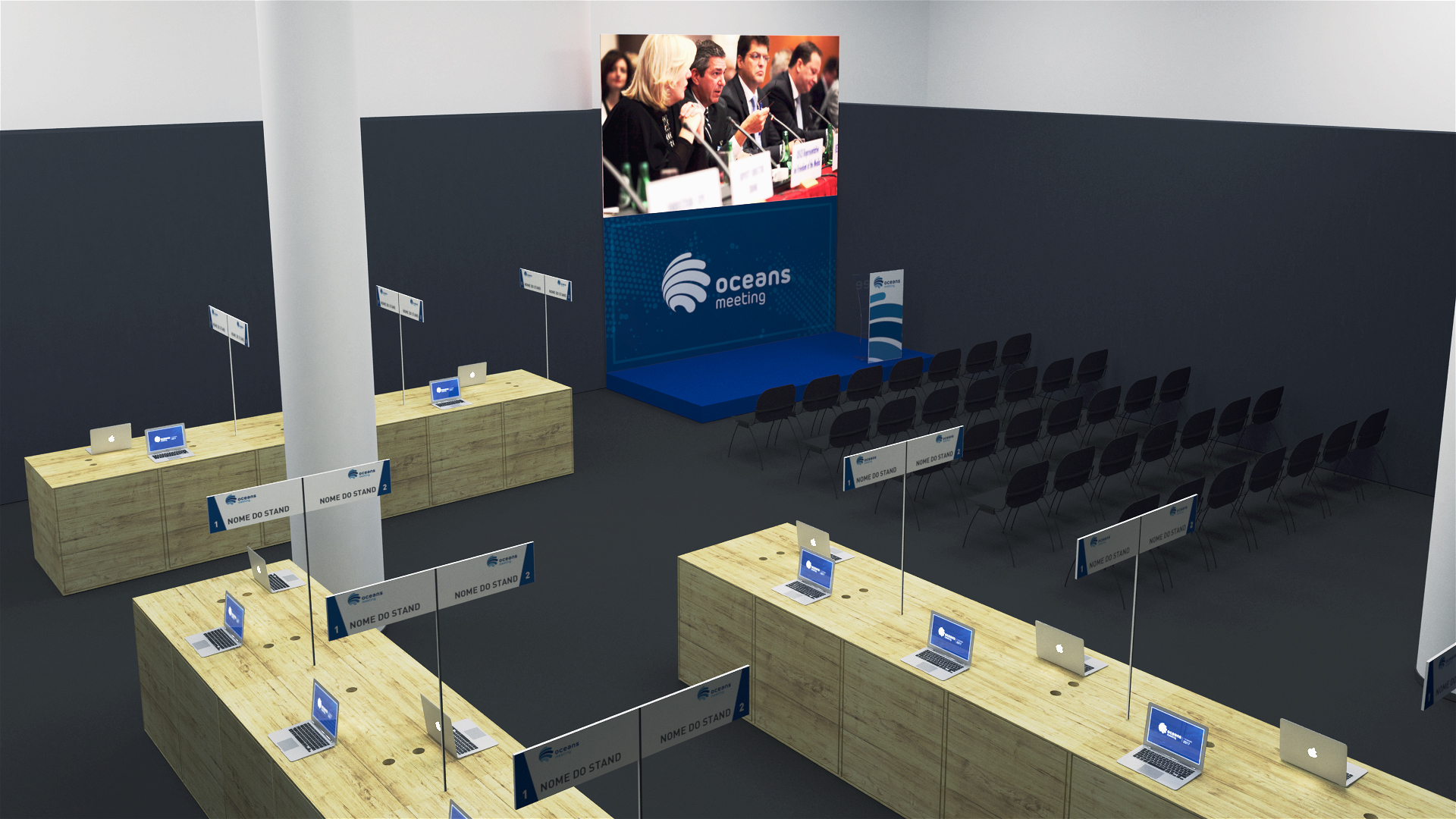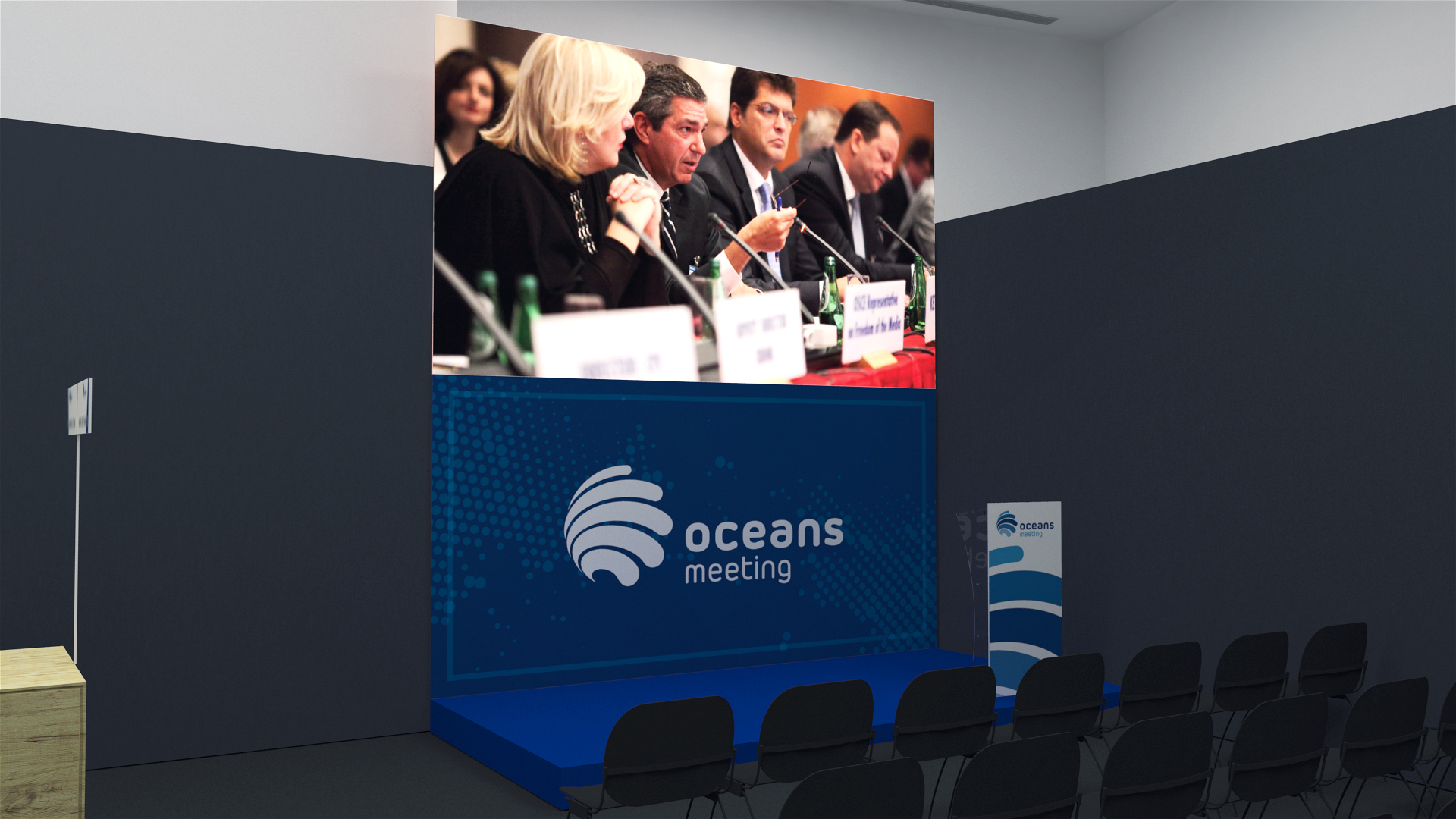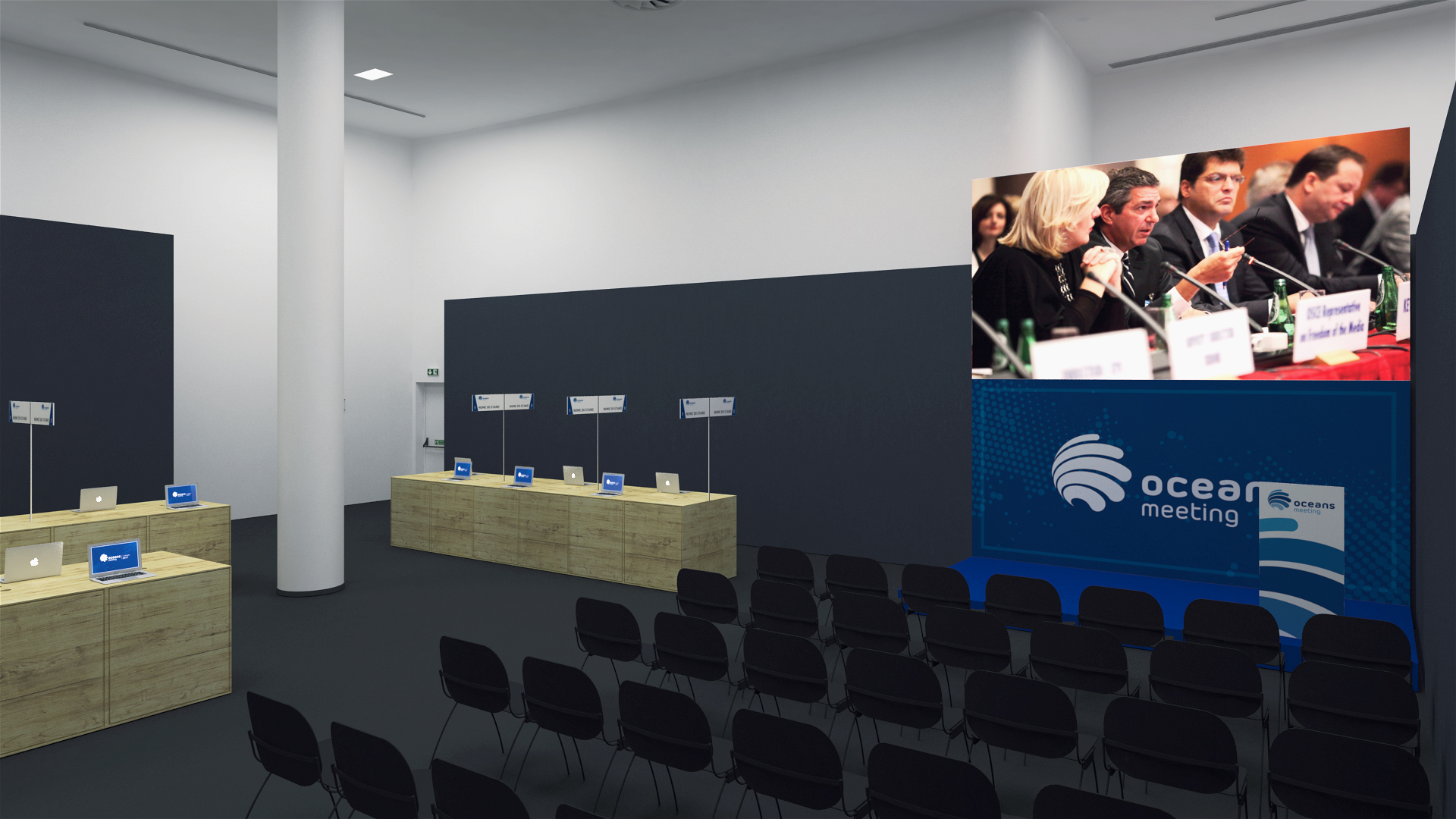Our Ocean is Our Health!
We all face the reality that Ocean environmental factors, such as pollution and poor ecosystem health threaten seafood quality and safety, in the form of heavy metal concentration on fish or plastic particles being found in different species, posing risks to human health.
Simultaneously marine pollution can indirectly impact humans through chemicals, toxins or other harmful particles such as viruses or bacteria in the ocean water. At the same time, the seas provide numerous benefits to human health and well-being in the form of ecosystem services, including the supply of resources (food, medicines, energy…).
There has been a growing recognition at international level of the need for a more holistic and coherent approach to understanding the complex links between the seas and oceans and human health and well-being.
In the context of the 2030 Agenda for Sustainable Development, and given the integrated and indivisible nature of the Sustainable Development Goals, there is room for exploring to what extent, and how, the implementation of SDG 14 can impact the implementation of SGD 3, and in which ways these two can be perceived as interdependent and intricately linked.
Building on the work being carried out in relevant international fora, including the forthcoming UN Conference to Support the Implementation of SDG 14, Portugal is organizing the Oceans Meeting 2017, which includes a Ministerial segment, to take place in Lisbon on the 7th and 8th of September 2017, dedicated to “The Ocean and Human Health”.
FULL PROGRAM
The International Meeting of Ministers of the Sea is the primary focus of this event and aims to discuss common international policies for the Ocean.
September 7th, 2017
12:00 pm
Opening of Oceans Business segment by the Minister of the Sea, Ana Paula Vitorino (Fundação Champalimaud)
3:00 pm to 6:00 pm
Signature of Bilateral Agreements and Bilateral meetings
7:30 pm
Transfer from the hotel to the dinner venue (Fundação Champalimaud)
8:00 pm
Welcome Reception to Ministers & other national entities offered by the Minister of the Sea, Ana Paula Vitorino
September, 8th 2017
8:30 am
Transfer from the Hotel to the meeting venue (Mosteiro dos Jerónimos)
Transfer shuttle buses will be provided.
8:45 am
Arrival at the Ministers Meeting venue
9:00 am
Opening of the Ministerial Meeting
Opening session:
- Portuguese Prime Minister
- Mayor of Lisbon
- Portuguese Minister,of the Sea
Working session:
- Statements by Ministers and international organisations
Coffee break and group photo
Reading and Endorsement of the Oceans Meeting Declaration
12:30 pm
Closing of the Ministerial Meeting
1:30 pm
Lunch
3:00 pm
International Conference Opening by H.E. the President of the Portuguese Republic (Fundação Champalimaud)
- Panel 1 – The Ocean and Human Health: Challenges and Solutions
- Panel 2 – Improved Human Health and Economic Growth: Blue Economy with Positive Impact on Human Health
6:00 pm
Closing session
6:30 pm
Cocktail closing event of Oceans Meeting 2017 (Fundação,Champalimaud)
MINISTERIAL MEETING
The International Meeting of Ministers of the Sea is the primary focus of this event and aims to discuss common international policies for the Ocean.
Understanding this complexity can only be achieved with an interdisciplinary approach, drawing from expertise across a diverse range of disciplines within natural, social and economic sciences, public health and medicine.
To manage this relationship, we need an effective policy framework, linking maritime and public health policies that can:
• improve our understanding of the potential public health benefits from marine and coastal
ecosystems;
• reduce the burden of human disease linked with marine environmental cause;
• anticipate new threats to public health before they become severe.
September 8th, 2017
09:00 am
Opening of the Ministerial Meeting
Opening session:
- Portuguese Prime Minister
- Mayor of Lisbon
- Portuguese Minister,of the Sea
Working session:
- Statements by Ministers and international organisations
Coffee break and group photo
Reading and Endorsement of the Oceans Meeting Declaration
12:30 am
Closing of the Ministerial Meeting
1:30 pm
Lunch
INTERNATIONAL CONFERENCE
The objective of this International Conference is to share ideas with international experts about the “Oceans and Human Health”, with themes framed in two panels.
September, 8th 2017
3:00 pm
International Conference Opening by H.E. the President of the Portuguese Republic (Fundação Champalimaud)
- Panel 1 – The Ocean and Human Health: Challenges and Solutions
- Panel 2 – Improved Human Health and Economic Growth: Blue Economy with Positive Impact on Human Health
SPEAKERS
Lorem ipsum dolor sit amet, consectetur adipiscing elit. Donec aliquam leo ut aliquam fermentum. Quisque imperdiet purus nequer.
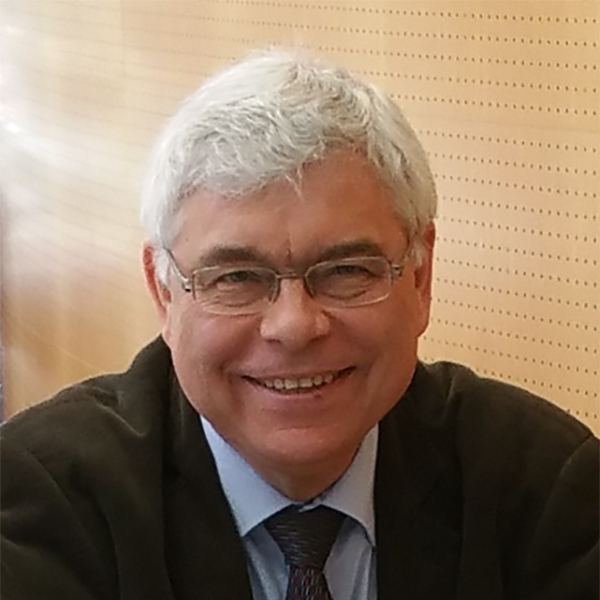
KEY SPEAKER
Dr. Vladimir RYABININ
IOC-UNESCO Executive Secretary
Dr. Snelgrove has a Ph.D. from the Massachusetts Institute of Technology (MIT) and the Woods Hole Oceanographic Institution and he is Director of the NSERC Canadian Oceans Network.
He recently led the synthesis of the International Census of Marine Life research program. 2,700 scientists from 80 countries were engaged in this project and more than 6,000 potential new species were discovered.
Dr. Snelgrove currently sits on the Advisory Boards for three European Commission Networks as well as the Canadian Scientific Submersible Facility.
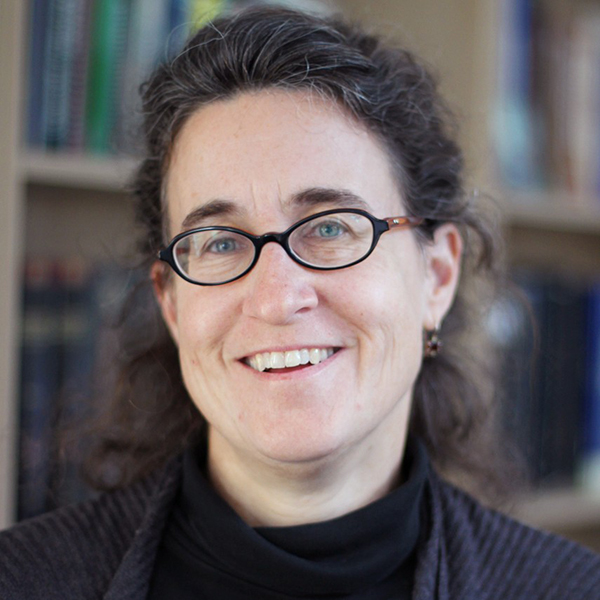
Lora Fleming
Director, European Centre for Environment and Human Health, University of Exeter.
Dr. Snelgrove has a Ph.D. from the Massachusetts Institute of Technology (MIT) and the Woods Hole Oceanographic Institution and he is Director of the NSERC Canadian Oceans Network.
He recently led the synthesis of the International Census of Marine Life research program. 2,700 scientists from 80 countries were engaged in this project and more than 6,000 potential new species were discovered.
Dr. Snelgrove currently sits on the Advisory Boards for three European Commission Networks as well as the Canadian Scientific Submersible Facility.
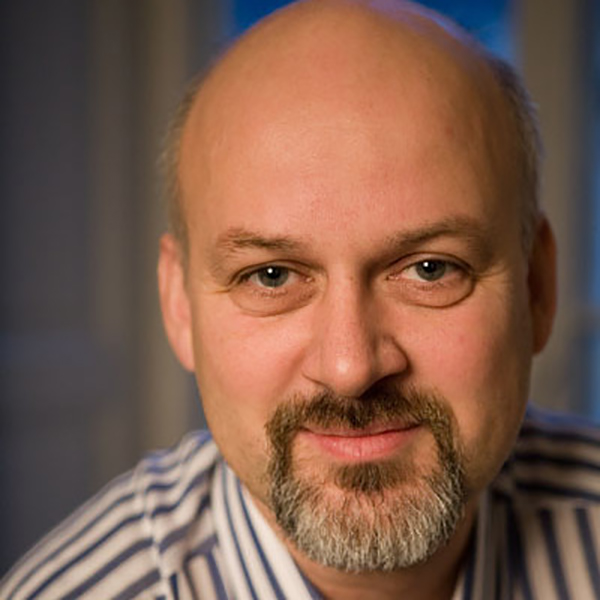
Lasse Gustavsson
Executiv Director – OCEANA Europe
Dr. Snelgrove has a Ph.D. from the Massachusetts Institute of Technology (MIT) and the Woods Hole Oceanographic Institution and he is Director of the NSERC Canadian Oceans Network.
He recently led the synthesis of the International Census of Marine Life research program. 2,700 scientists from 80 countries were engaged in this project and more than 6,000 potential new species were discovered.
Dr. Snelgrove currently sits on the Advisory Boards for three European Commission Networks as well as the Canadian Scientific Submersible Facility.
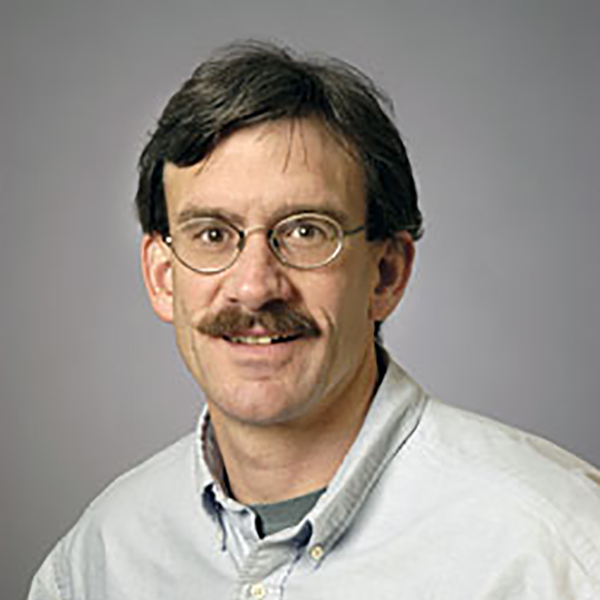
Porter Hoagland
Adjunct Professor, Marine Policy Centre, Woods Hole Oceanographic Institution
Dr. Snelgrove has a Ph.D. from the Massachusetts Institute of Technology (MIT) and the Woods Hole Oceanographic Institution and he is Director of the NSERC Canadian Oceans Network.
He recently led the synthesis of the International Census of Marine Life research program. 2,700 scientists from 80 countries were engaged in this project and more than 6,000 potential new species were discovered.
Dr. Snelgrove currently sits on the Advisory Boards for three European Commission Networks as well as the Canadian Scientific Submersible Facility.
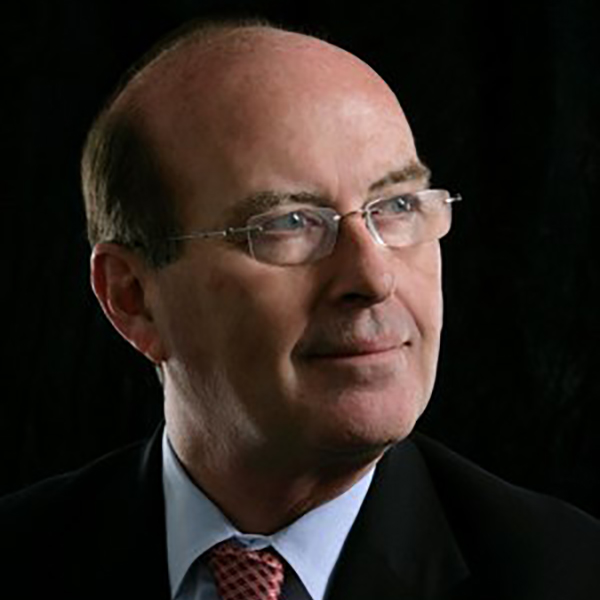
Michael Eckhart
Managing director and global head of environmental finance in the corporate and investment banking division of Citigroup in New York City
Dr. Snelgrove has a Ph.D. from the Massachusetts Institute of Technology (MIT) and the Woods Hole Oceanographic Institution and he is Director of the NSERC Canadian Oceans Network.
He recently led the synthesis of the International Census of Marine Life research program. 2,700 scientists from 80 countries were engaged in this project and more than 6,000 potential new species were discovered.
Dr. Snelgrove currently sits on the Advisory Boards for three European Commission Networks as well as the Canadian Scientific Submersible Facility.
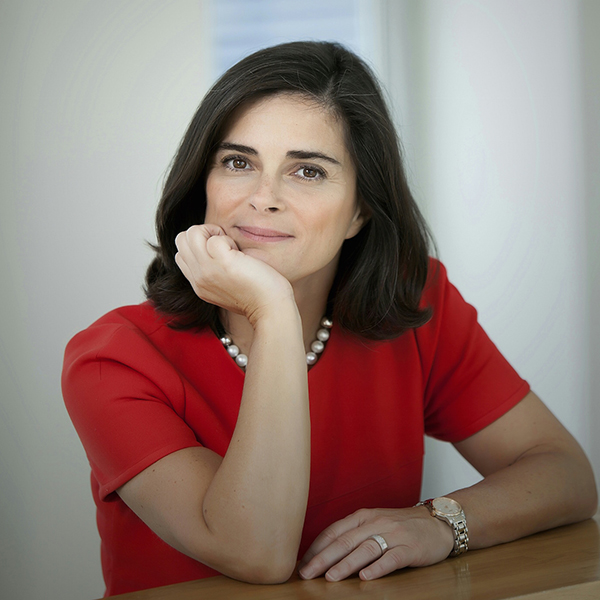
Isabel Vaz
CEO Luz Saúde (Fosun Portugal)
Dr. Snelgrove has a Ph.D. from the Massachusetts Institute of Technology (MIT) and the Woods Hole Oceanographic Institution and he is Director of the NSERC Canadian Oceans Network.
He recently led the synthesis of the International Census of Marine Life research program. 2,700 scientists from 80 countries were engaged in this project and more than 6,000 potential new species were discovered.
Dr. Snelgrove currently sits on the Advisory Boards for three European Commission Networks as well as the Canadian Scientific Submersible Facility.
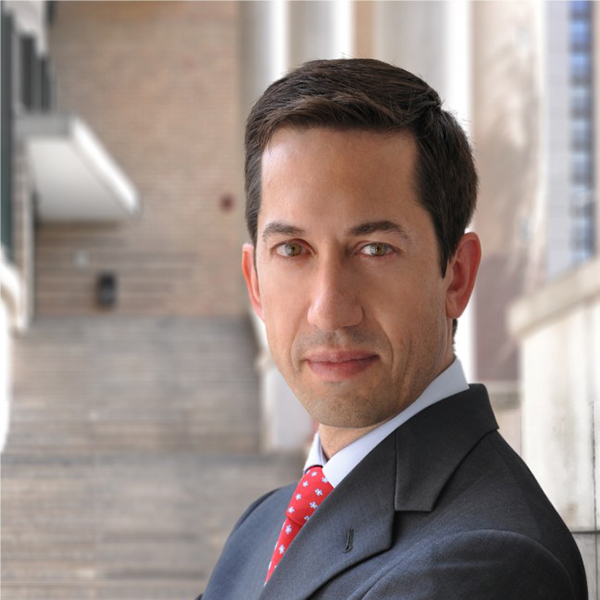
Francisco Veloso
Dean do Imperial College.
Dr. Snelgrove has a Ph.D. from the Massachusetts Institute of Technology (MIT) and the Woods Hole Oceanographic Institution and he is Director of the NSERC Canadian Oceans Network.
He recently led the synthesis of the International Census of Marine Life research program. 2,700 scientists from 80 countries were engaged in this project and more than 6,000 potential new species were discovered.
Dr. Snelgrove currently sits on the Advisory Boards for three European Commission Networks as well as the Canadian Scientific Submersible Facility.
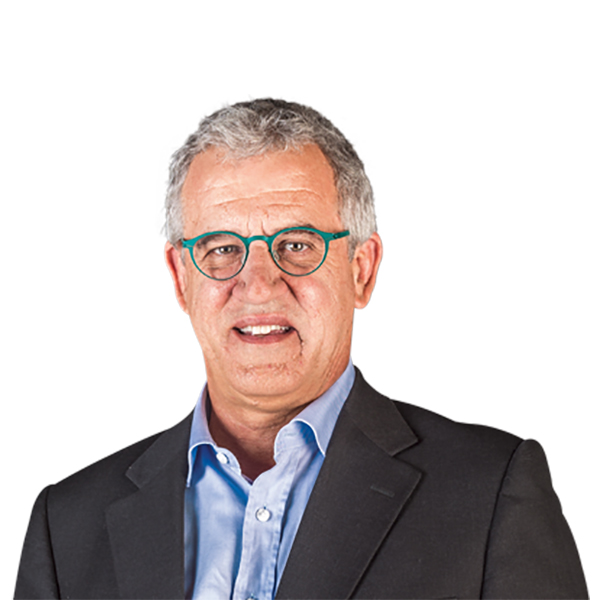
MODERATOR
Nicolau Santos
Expresso
Dr. Snelgrove has a Ph.D. from the Massachusetts Institute of Technology (MIT) and the Woods Hole Oceanographic Institution and he is Director of the NSERC Canadian Oceans Network.
He recently led the synthesis of the International Census of Marine Life research program. 2,700 scientists from 80 countries were engaged in this project and more than 6,000 potential new species were discovered.
Dr. Snelgrove currently sits on the Advisory Boards for three European Commission Networks as well as the Canadian Scientific Submersible Facility.
BUSINESS DIALOGUES
The Oceans Business Dialogues are organised as part of the Oceans Meeting 2017 (apart from the Ministerial Meeting and International Conference) and will take place on the 7th and 8th of September 2017, at Champalimaud Foundation, Lisbon, Portugal. Organised in partnership with Forum Oceano – Portuguese Maritime Cluster, the Oceans Business Dialogues, is a Business to Business (B2B) area to foster networking and debate around sustainable ocean business solutions in all important key areas: fisheries, aquaculture, biotechnology, shipping, ocean engineering, maritime digitalization, ocean robotics, ocean resources, environmental monitoring and protection, maritime security and safety, tourism and leisure.
The Oceans Business Dialogue initiative will be constituted by the following activities/areas:
- B2B Meeting Space – areas for private, pre-booked business meeting and networking with registered organizations in this platform
- B2B Oceans Meeting Showcase area – small showcase areas for ocean companies, start-ups, R&DI centers, NGO’s and public entities
- Ocean Business Talks – stage area for start-up pitches, ideas pitches and debates
So, if you are a company, a R&D center, a start-up or a NGO that operates in the ocean business area, we welcome you to participate in the Oceans Business Dialogue in the following formats:
- As a networker in the B2B Meeting Space
- As an exhibitor in the Showcase Area
- As a speaker / pitcher in the Ocean Business Talks

